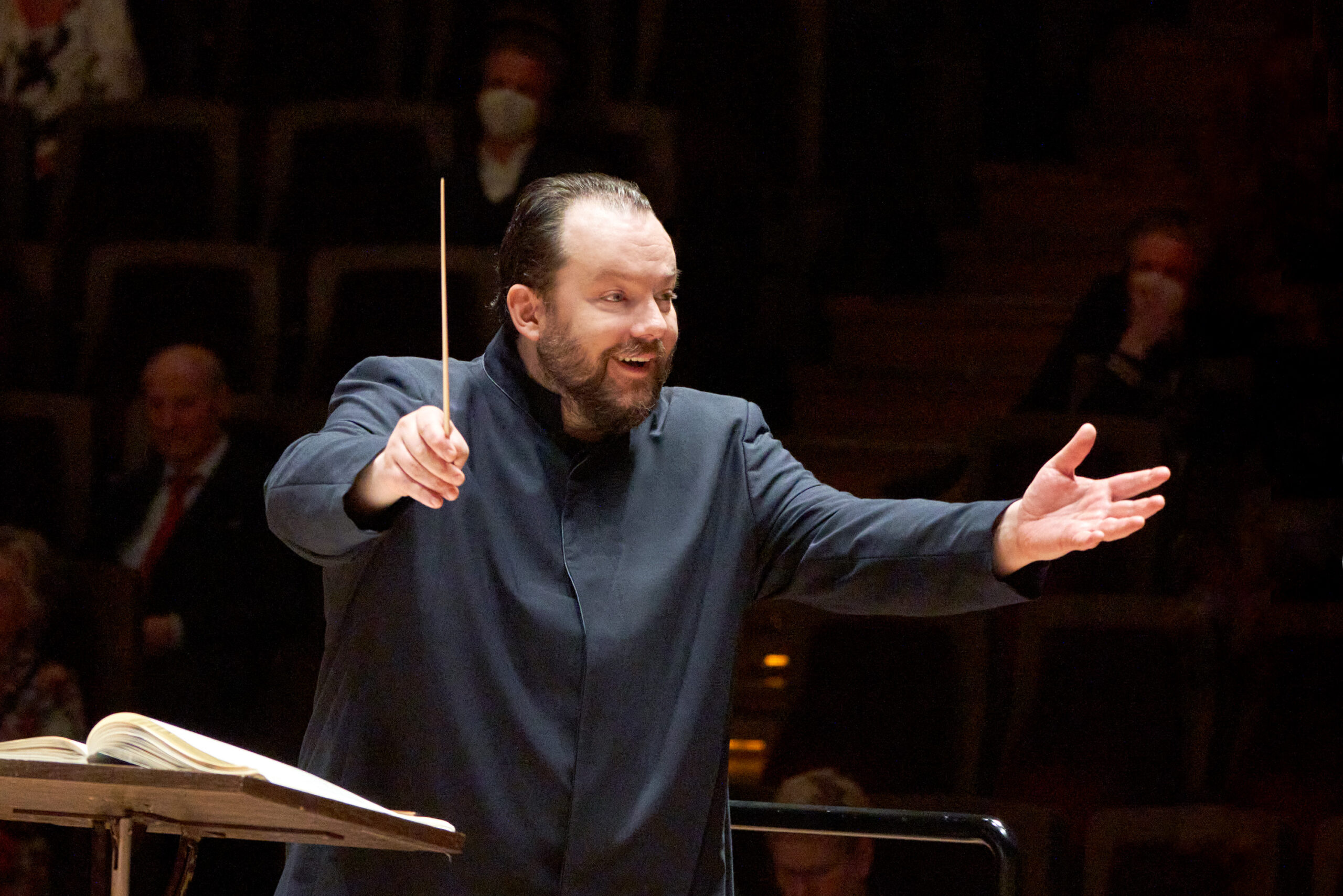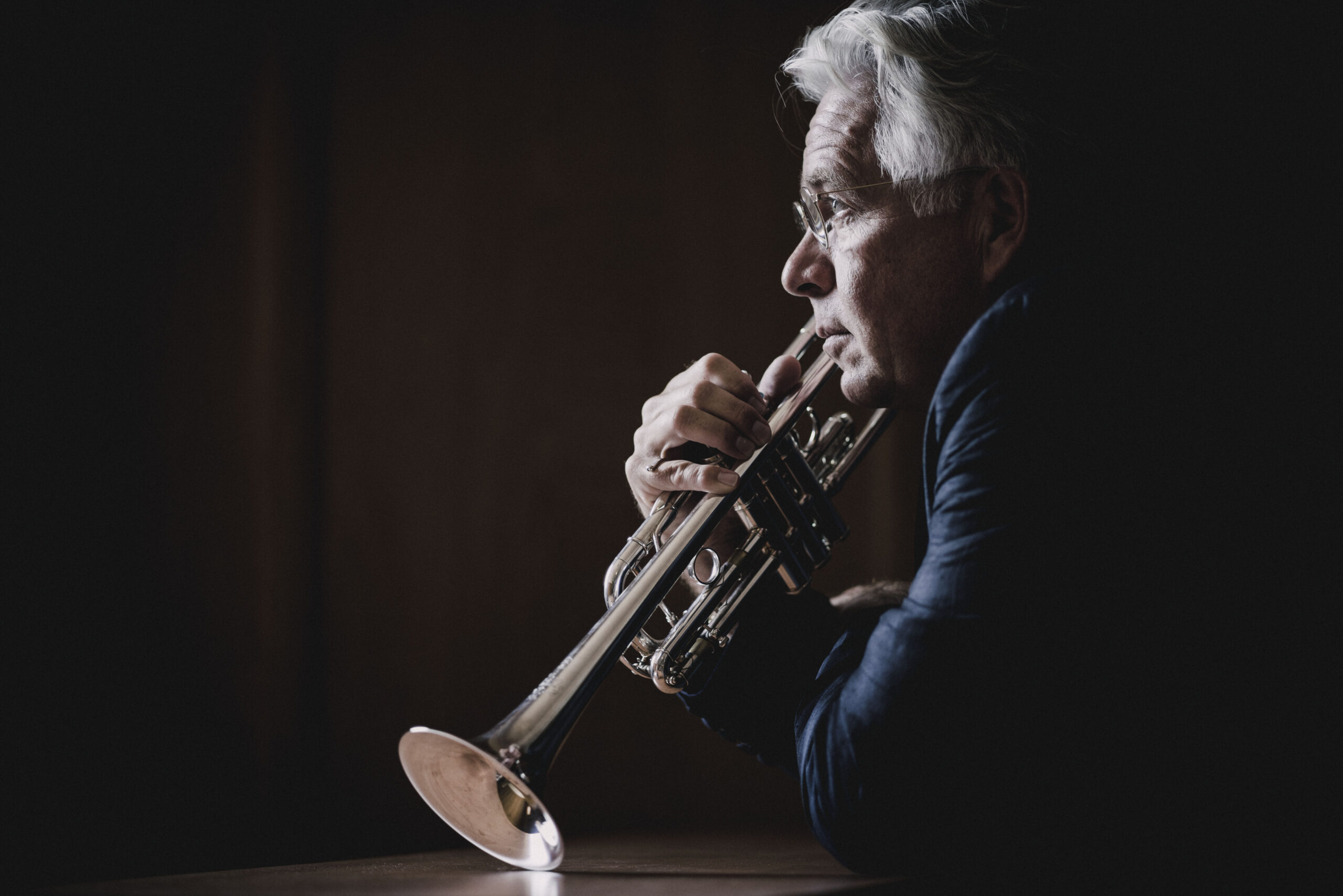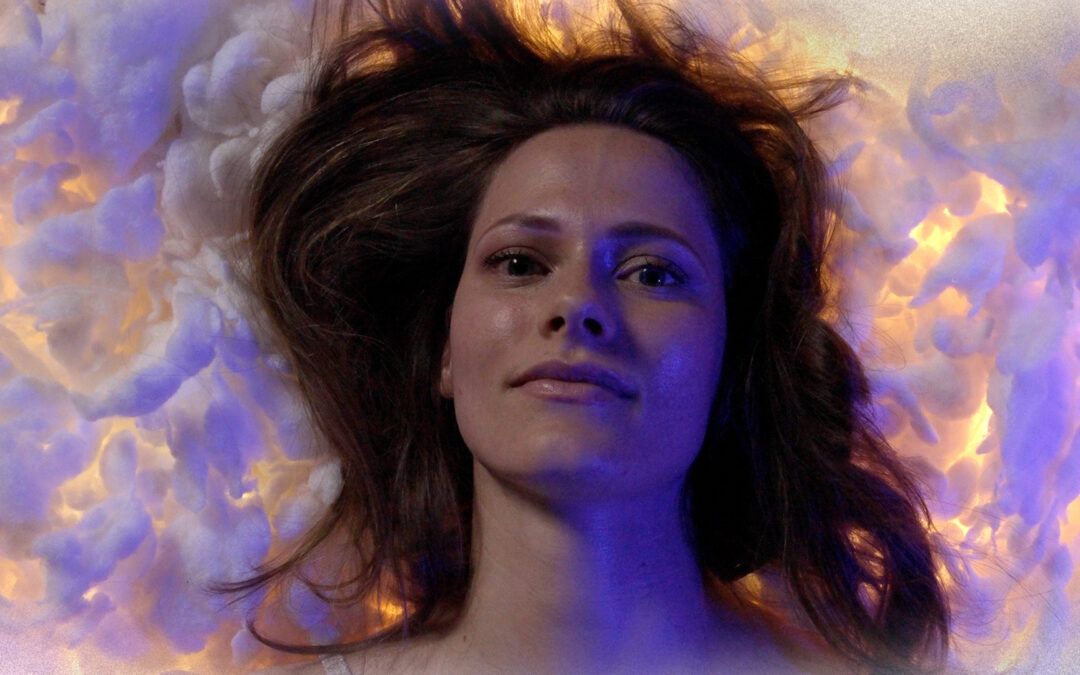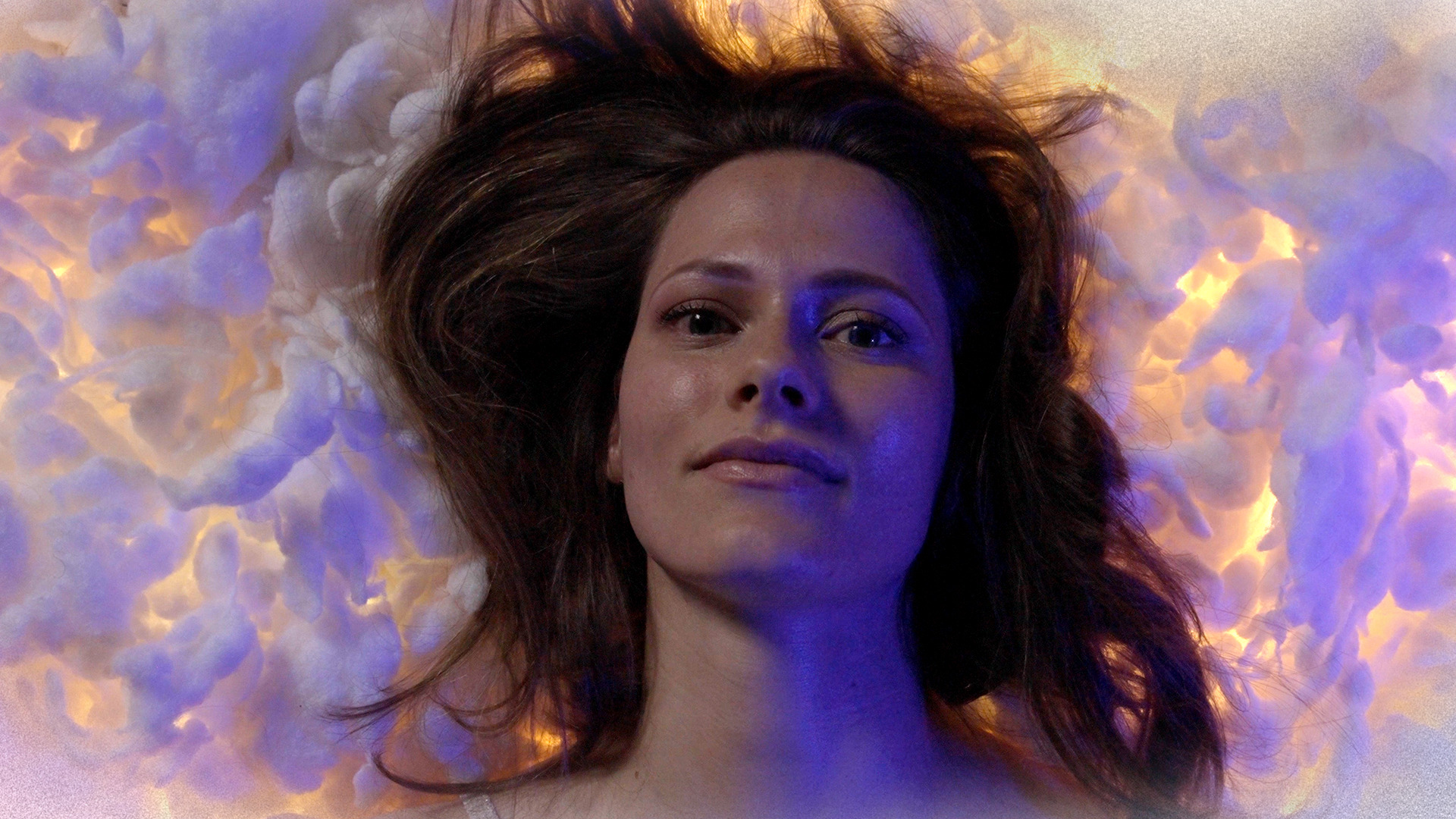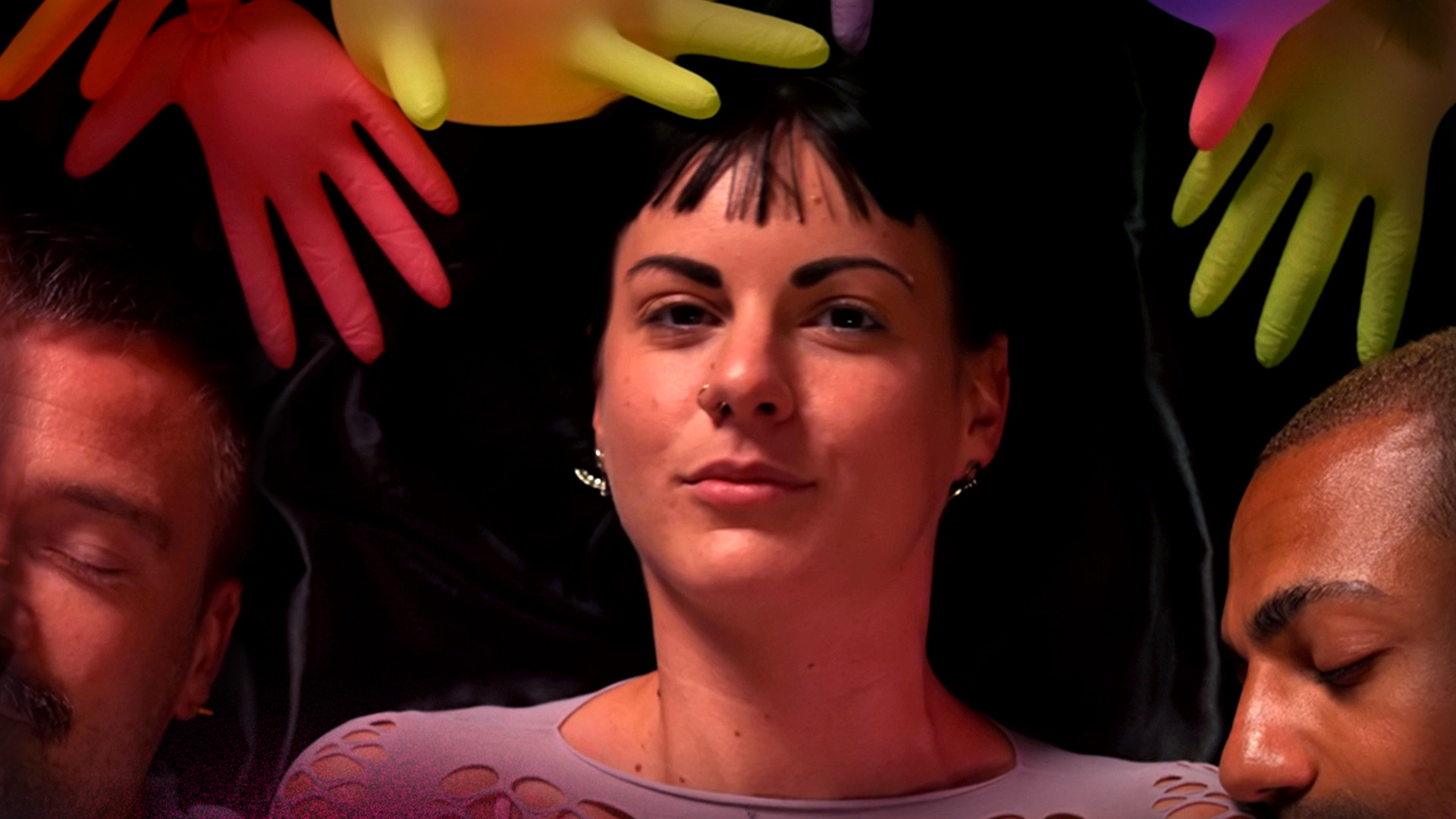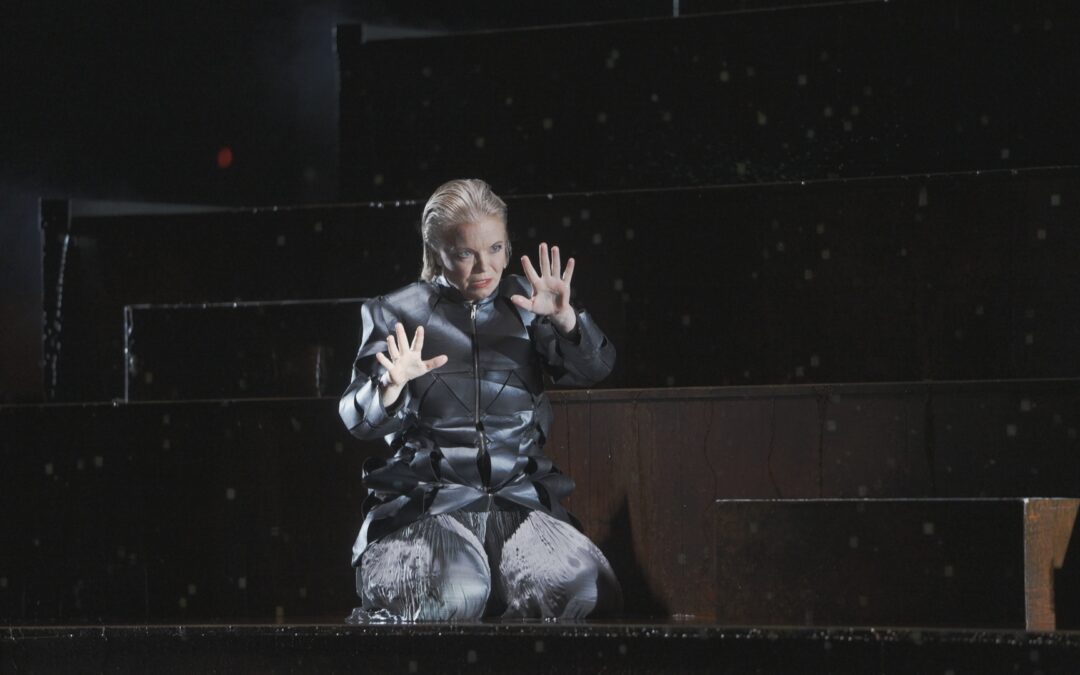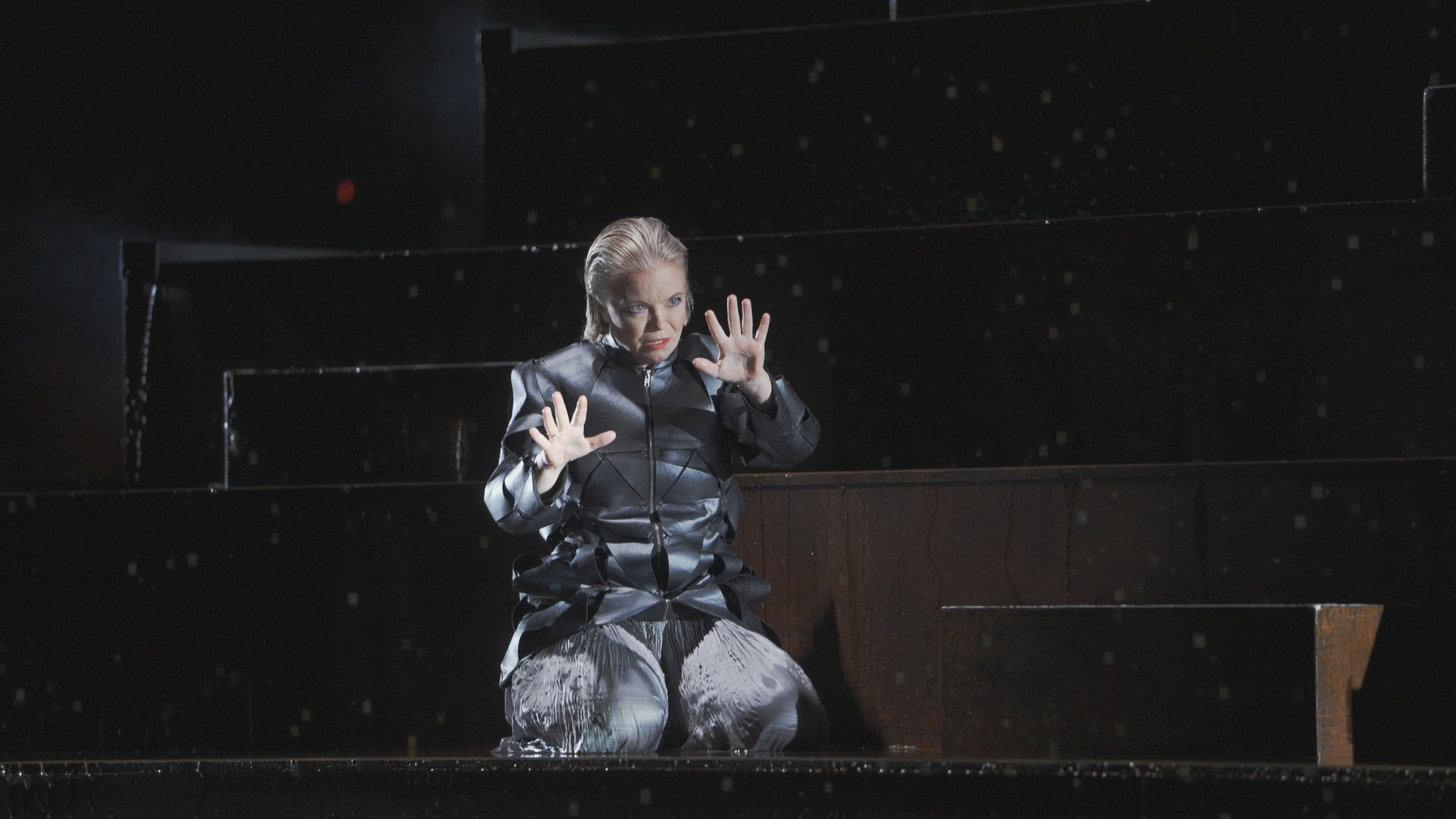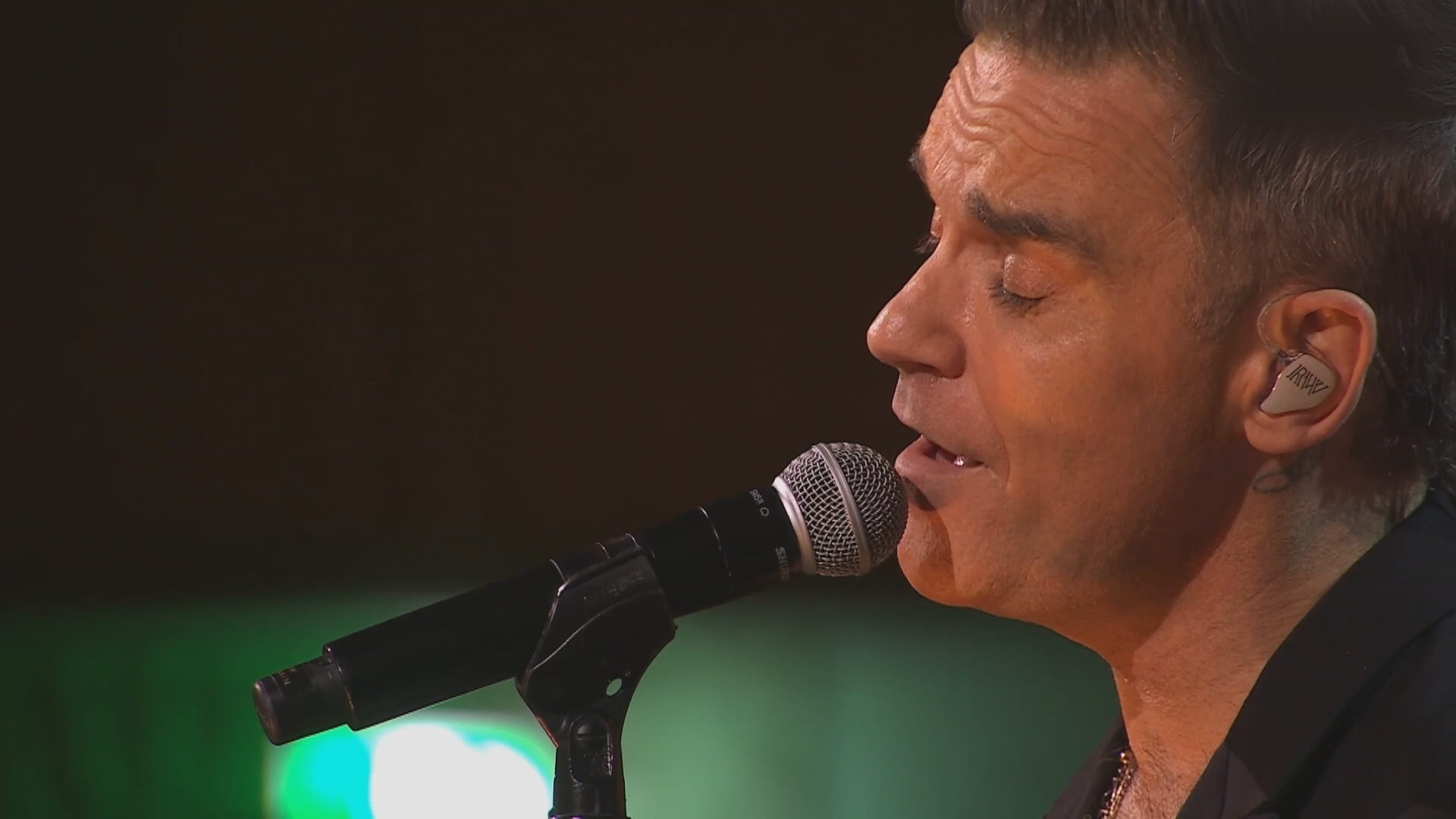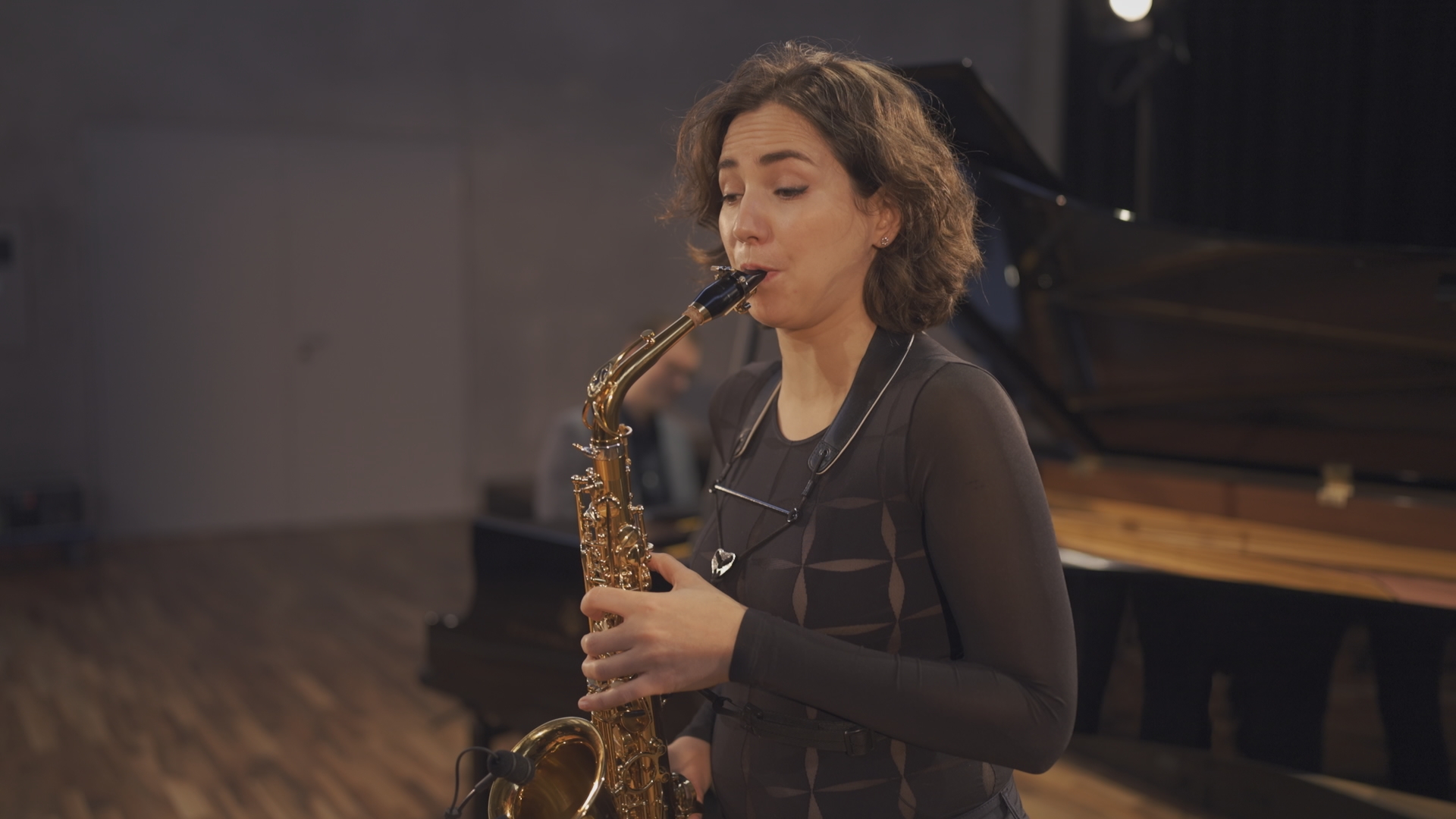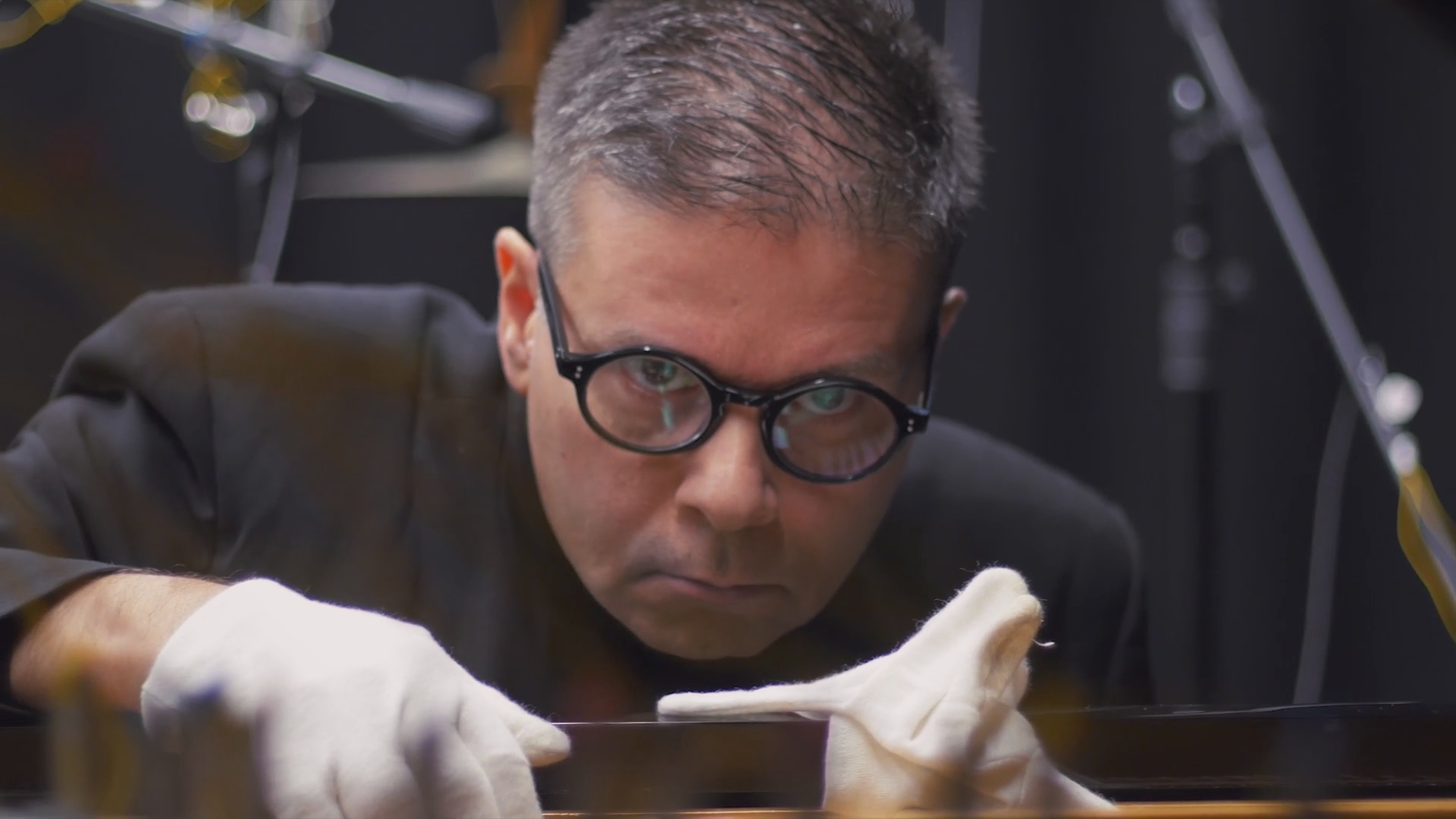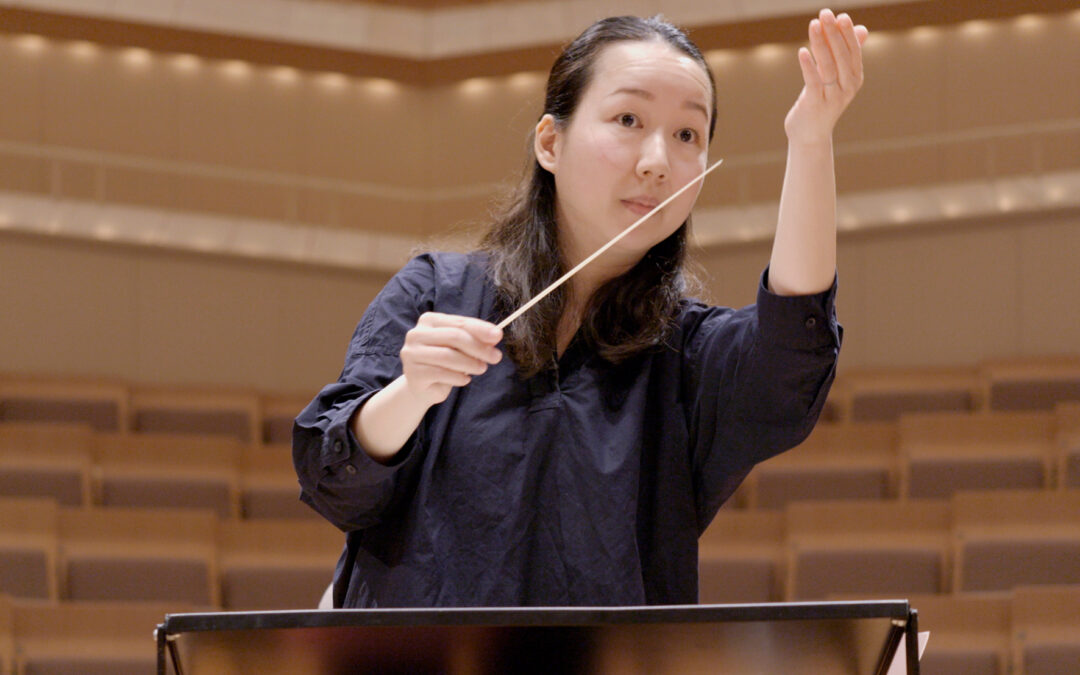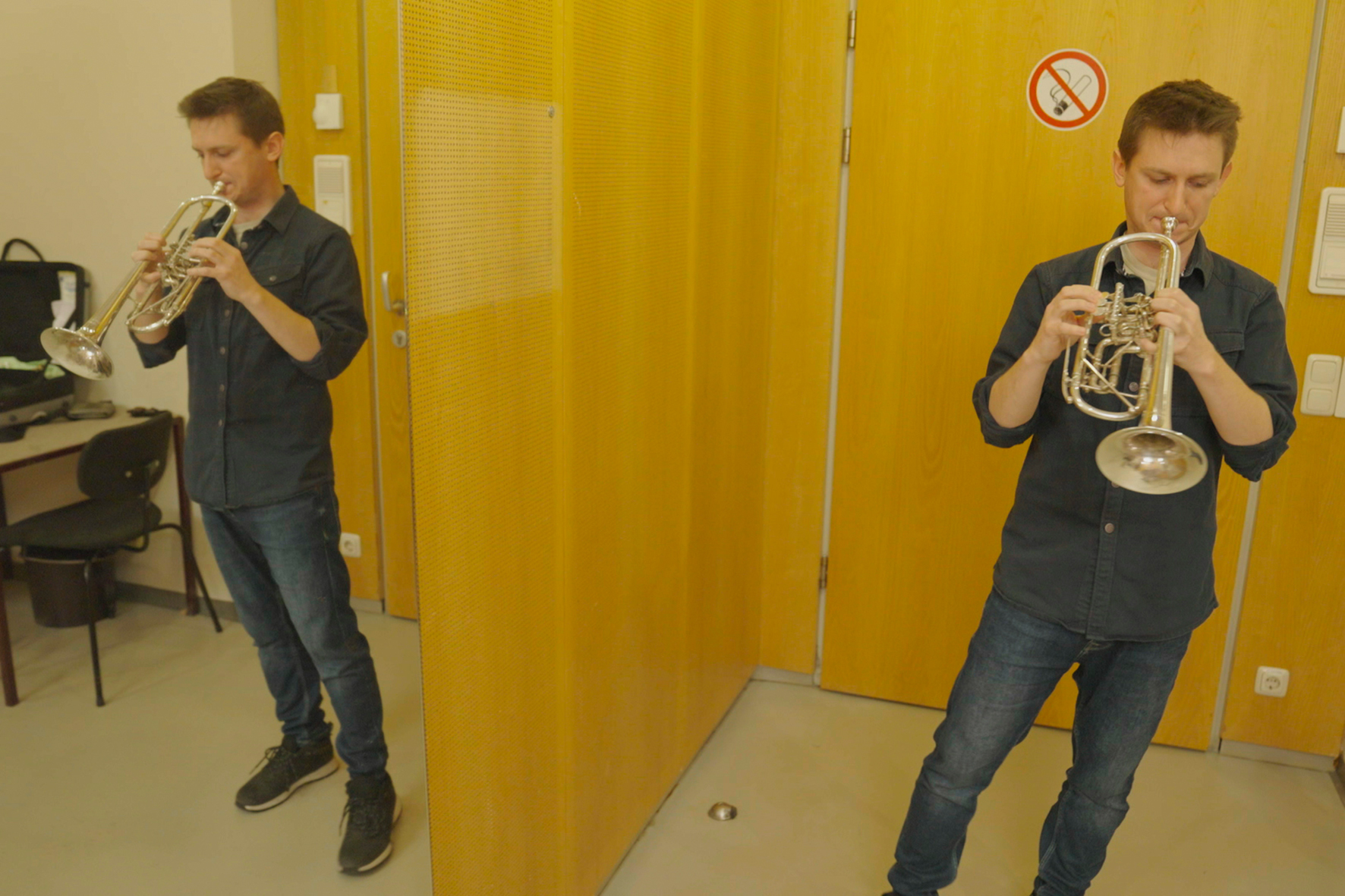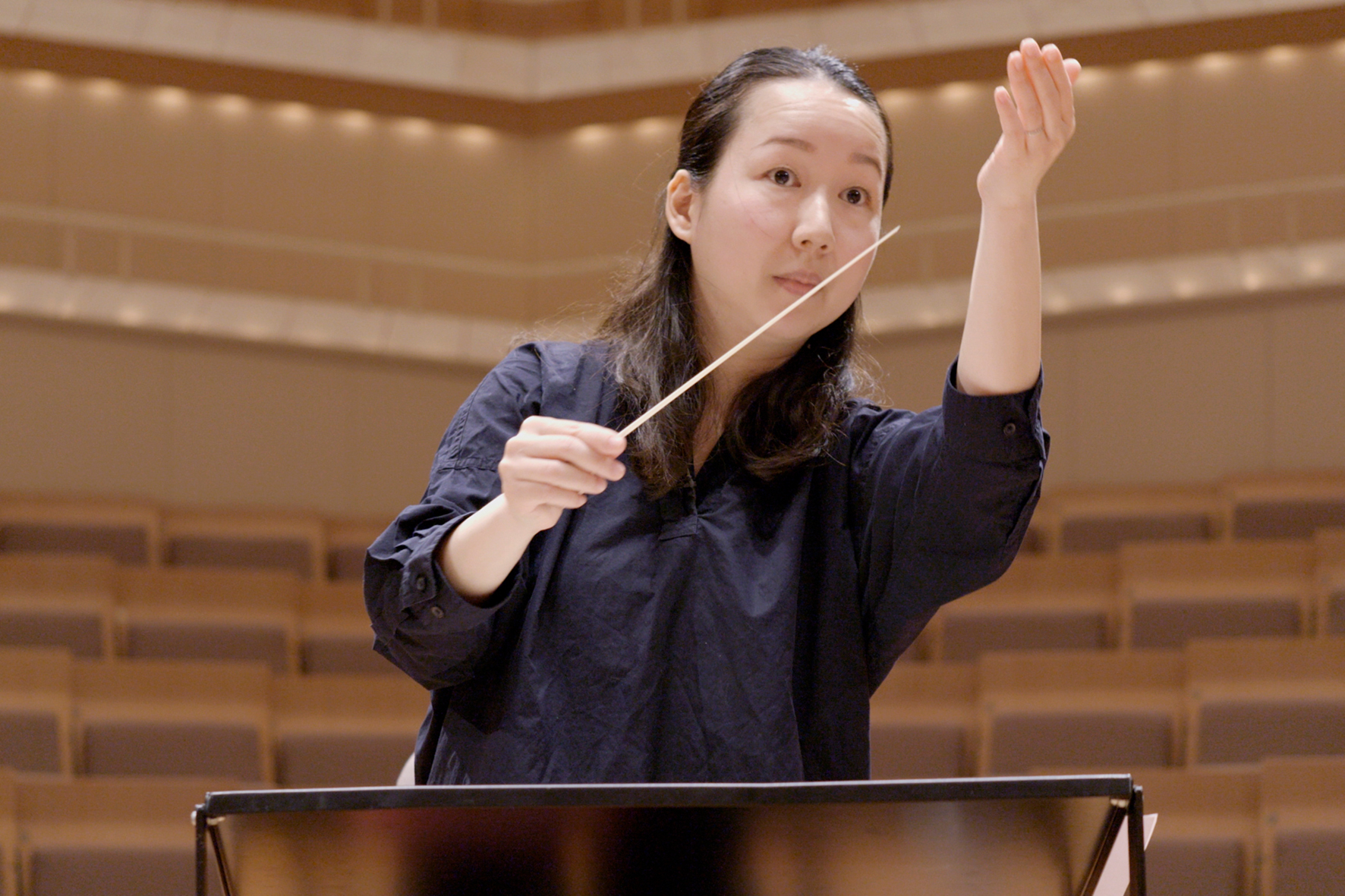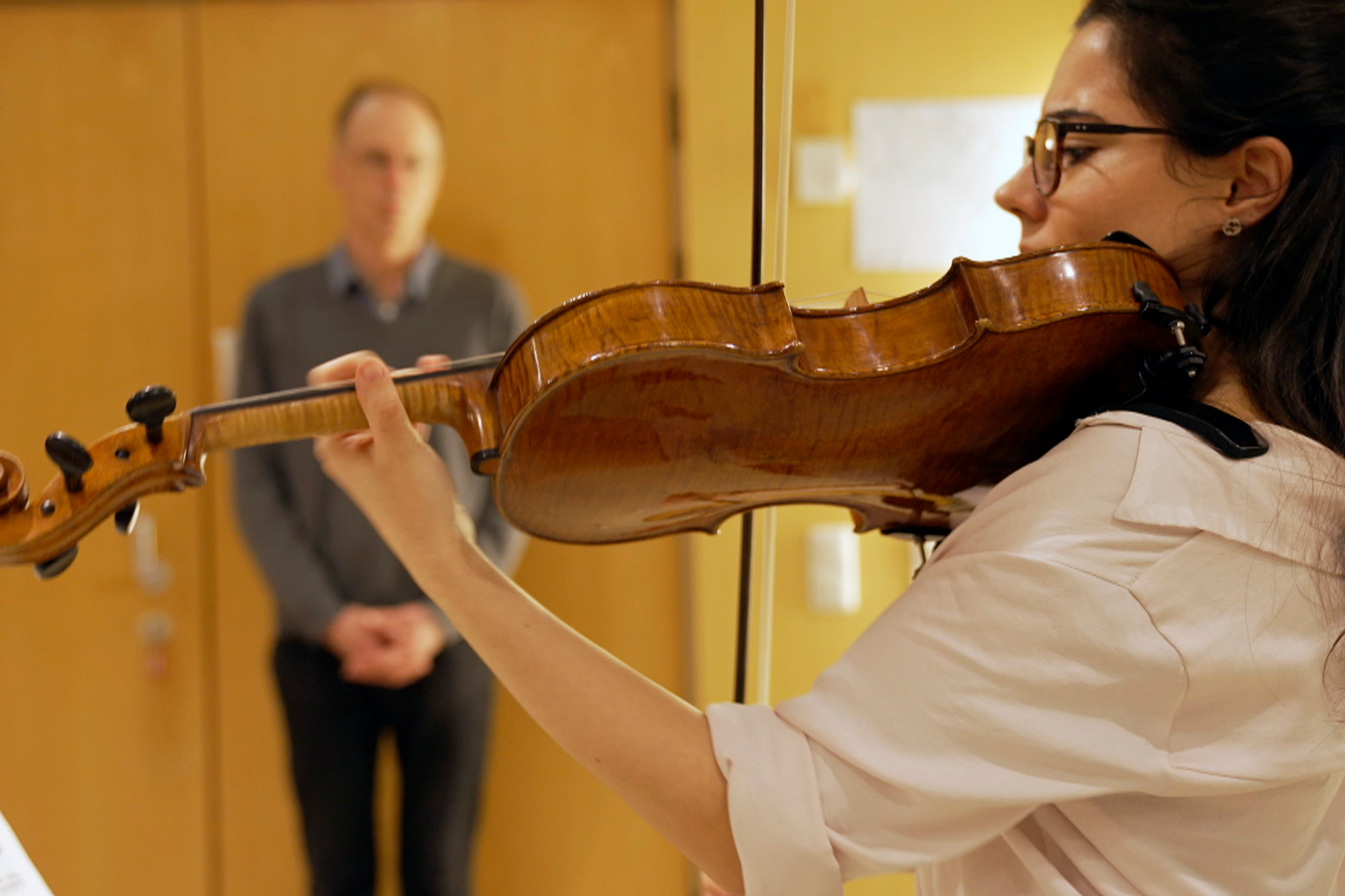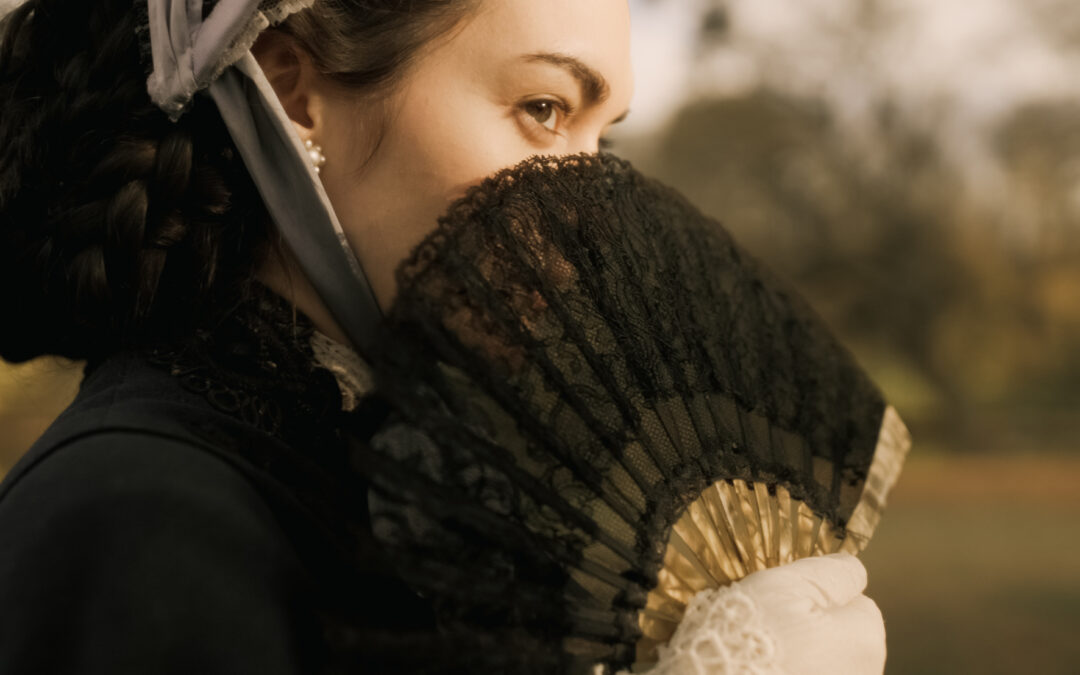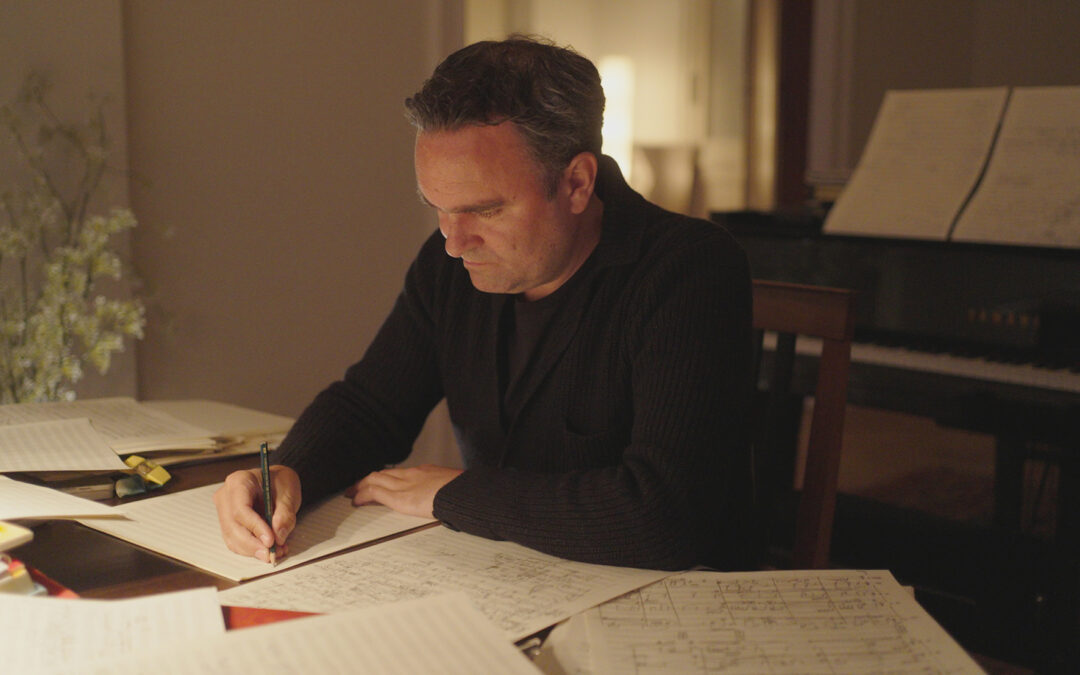
In the Maze – The Musician Jörg Widmann
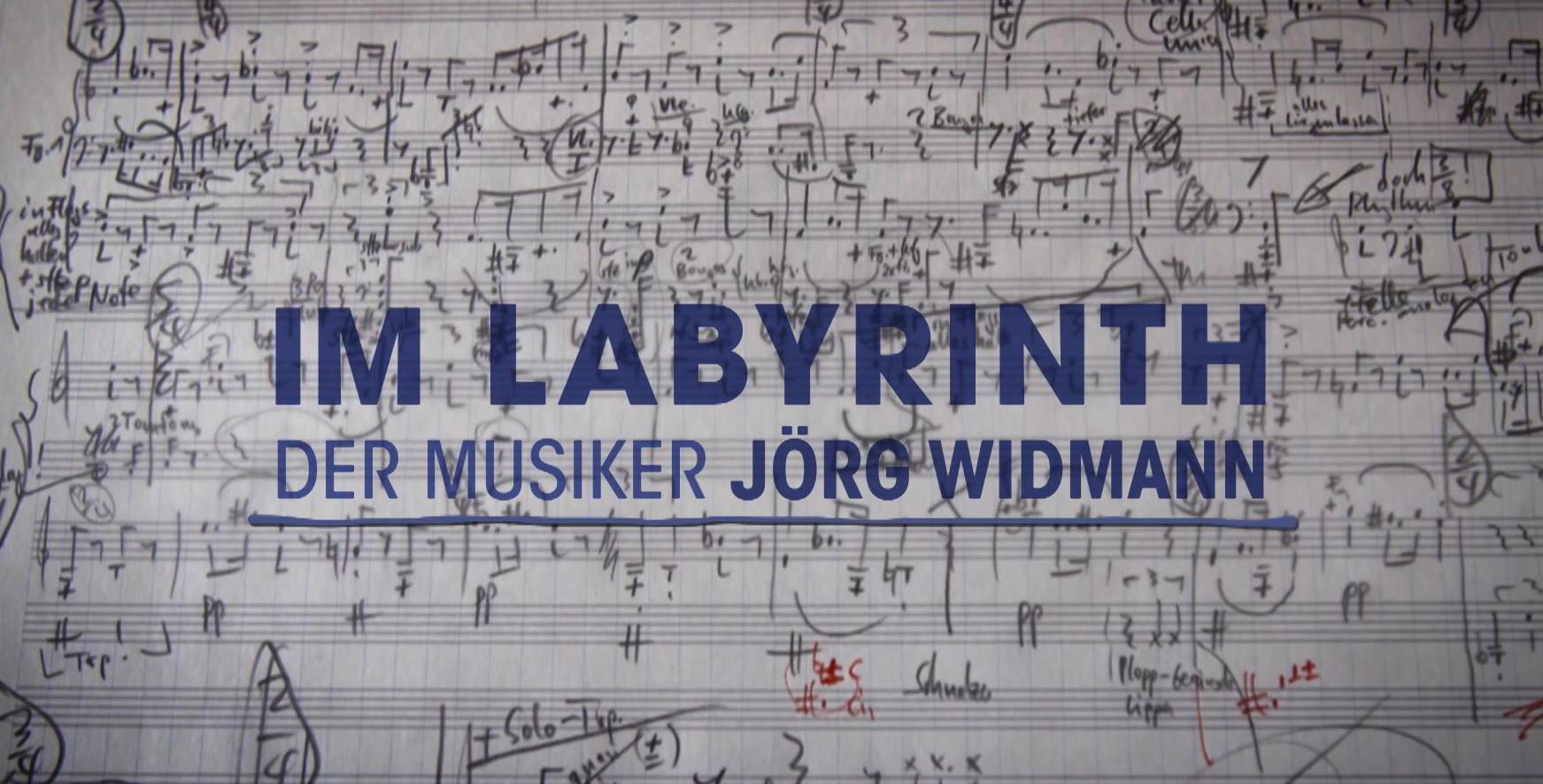
In the Maze - The Musician Jörg Widmann
A film by Holger Preuße, 42 / 52min., BR/ARTE 2022Music takes on a life of its own in the moment of writing, believes Jörg Widmann. It assumes its own form, becoming a living being that forges its own path. As such, it remains a fragment, because it is not what he, the writer, had intended.
For Widmann, the image that best describes this progression is a maze. Today, this has become the theme that runs through his life’s work, one that he has explored musically over the course of six distinct pieces. In the maze, one gets lost and bumps into things. There are moments “where it doesn’t go any further. And that is something that I often experience as problematic and very painful in composing. As happy as composing is.” Increasingly, he is led out of the maze of composing into which he has been drawn by his other role of clarinettist (for many years considered one of the world’s best) by his activities as a conductor.
We follow Jörg Widmann into his maze, reaching for the thread that runs through his life and work. Together with him, we experience the ups and downs, the euphoric moments as well as the moments of crisis that are brought about by the process of writing. We encounter him backstage and on stage. And we discover that it is in fact a bundle of threads that intertwine to form a tangle, whereby the composer without the clarinettist, the conductor without the composer, or Jörg Widmann without the human, is inconceivable.
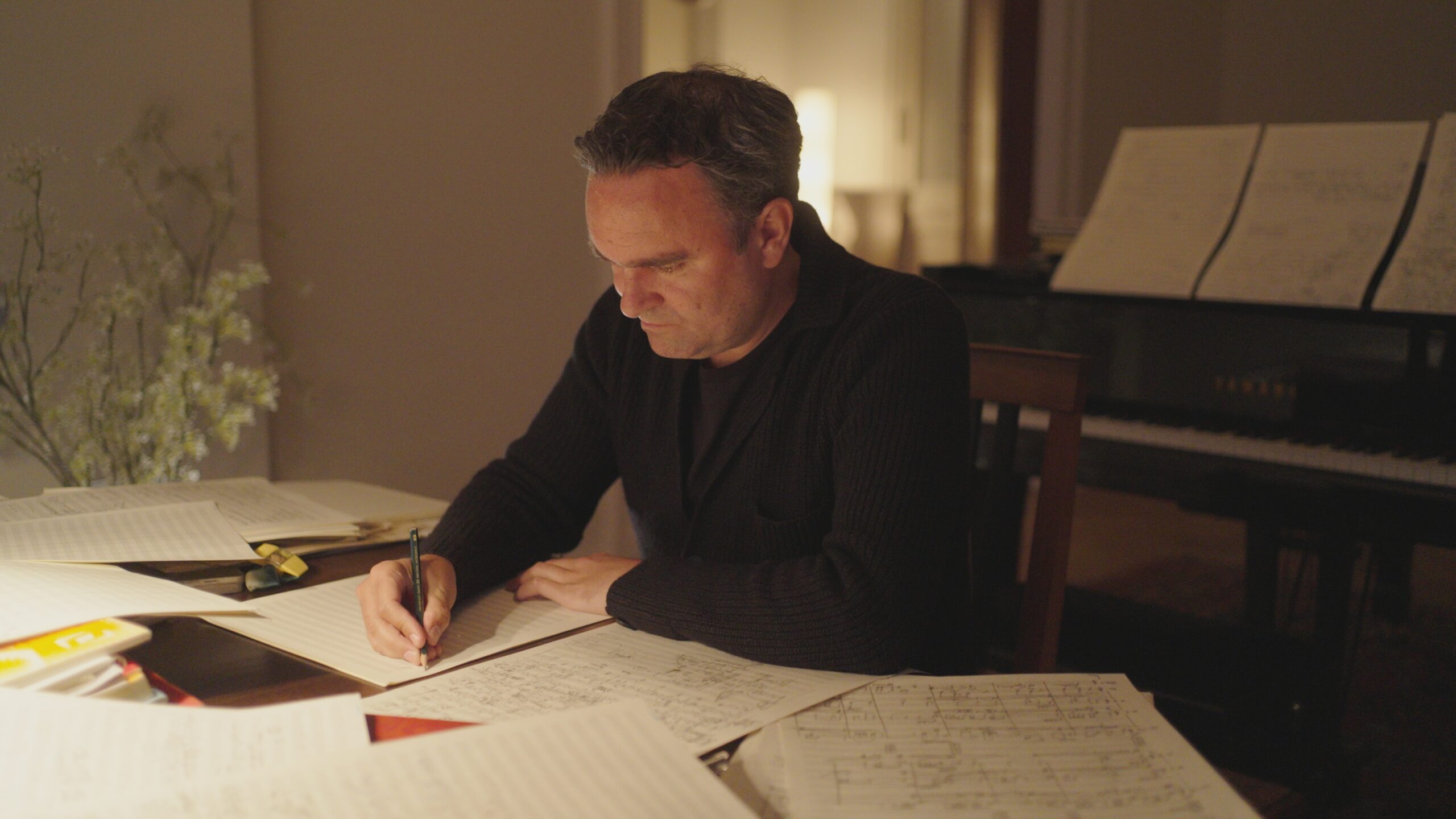
The film accompanies Jörg Widmann in the composition of his trumpet concerto “Towards Paradise (Labyrinth VI)”, commissioned by the Leipzig Gewandhaus Orchestra and the Boston Symphony Orchestra. We witness the piece take shape, from the first drafts to the premiere performance. As clarinettist and conductor, we see him at the Salzburg Festival, in the Boulez Hall and at the Konzerthaus Berlin, and experience this ‘universal musician’ alongside Daniel Barenboim (as pianist), with the celebrated violinist Anne Sophie Mutter, for whom he composed his String Quartet No. 6, and during a concert tour of Taiwan together with his sister, the violinist Carolin Widmann.
